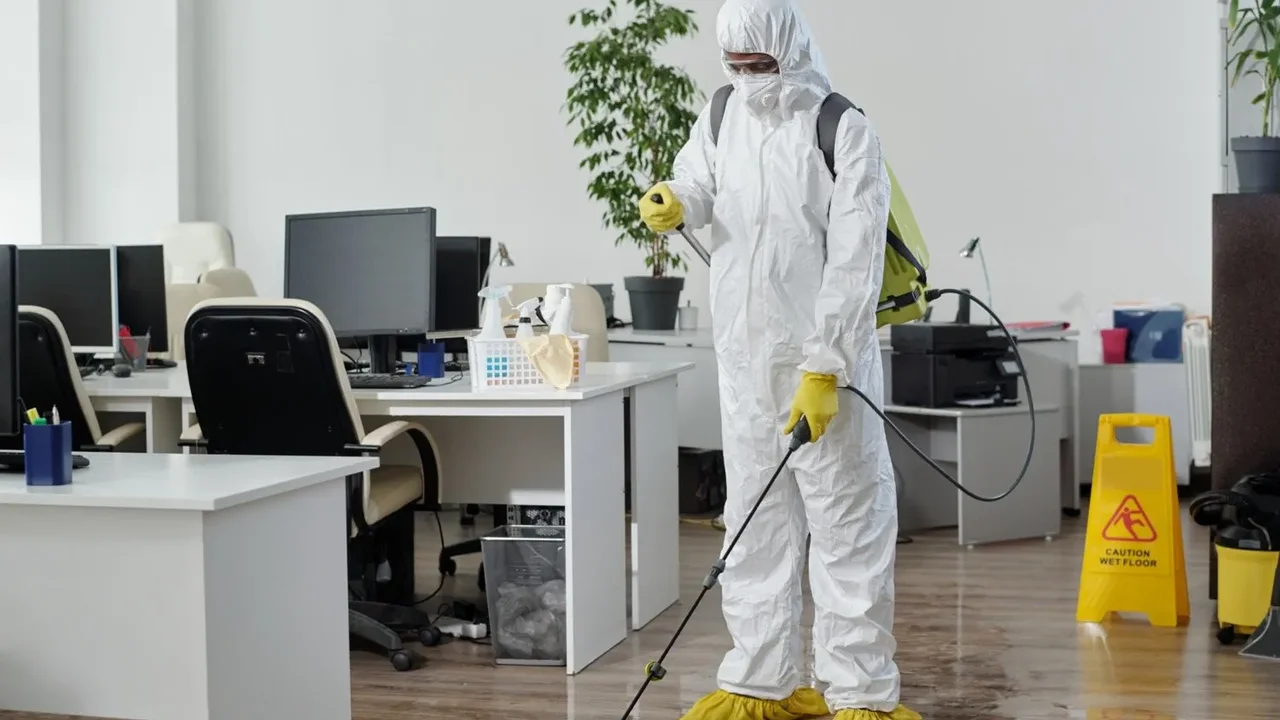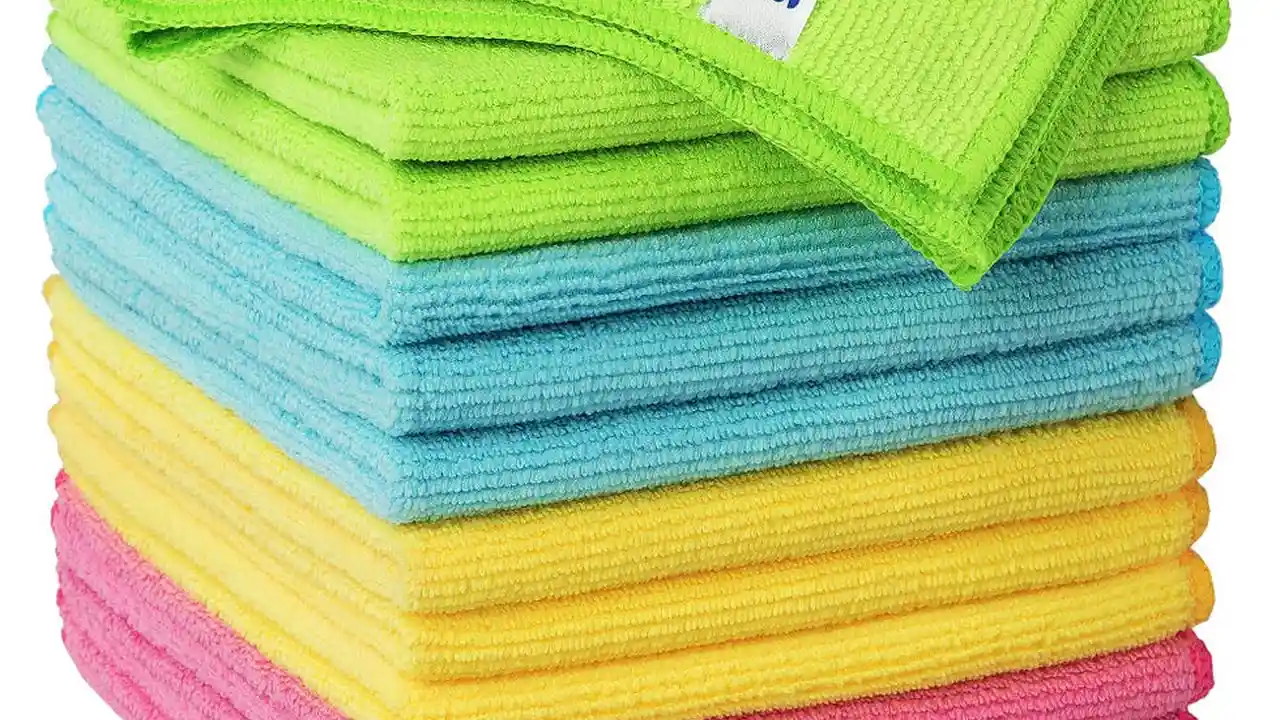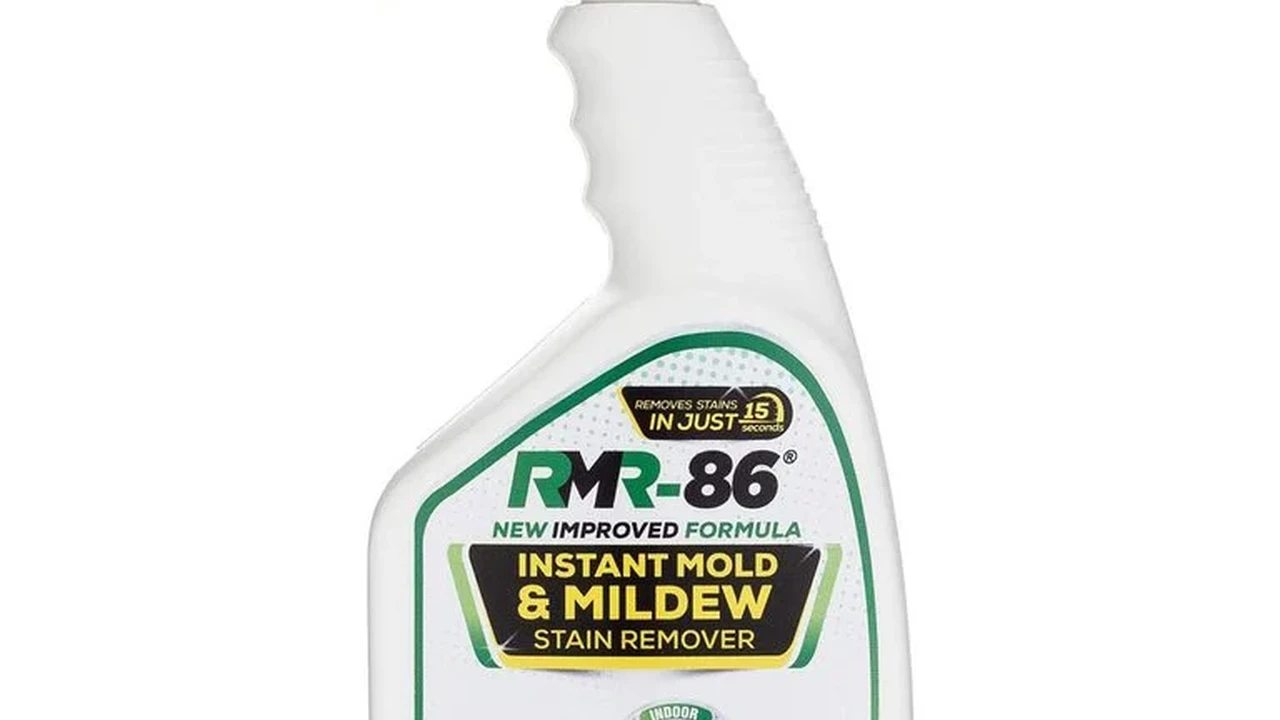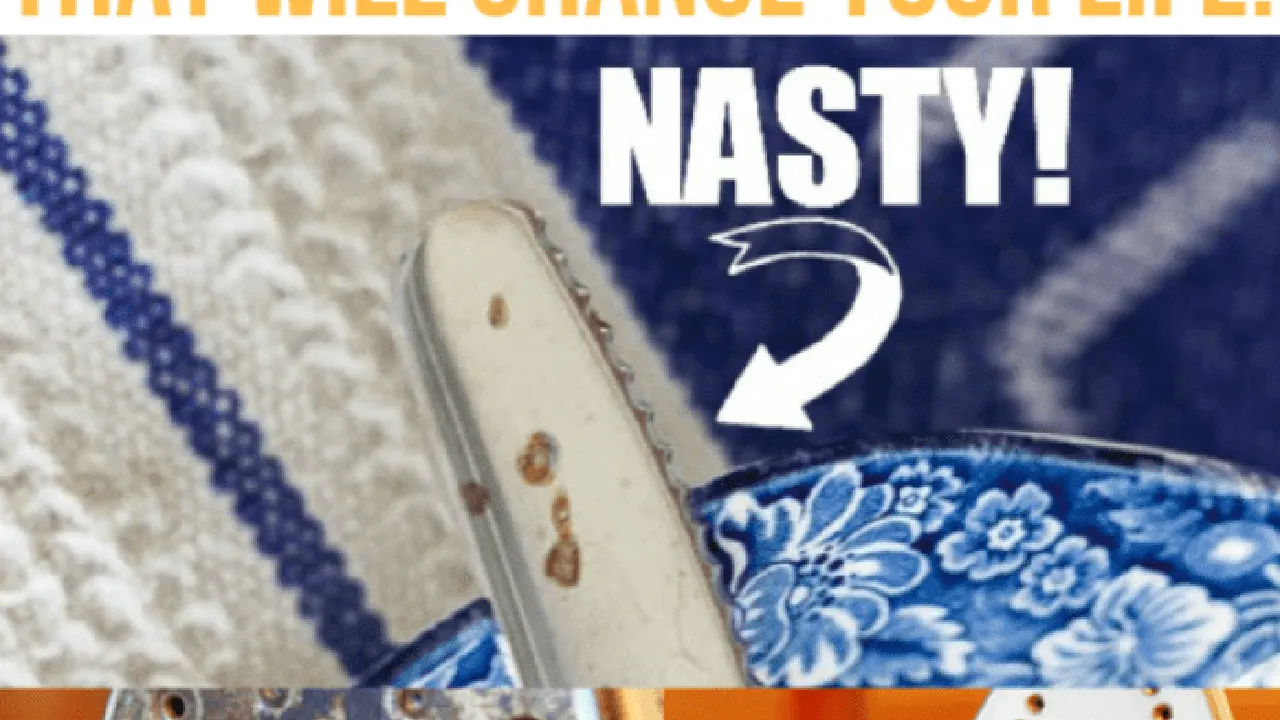Comparing Floor Cleaners: Find the Right One for Your Floors
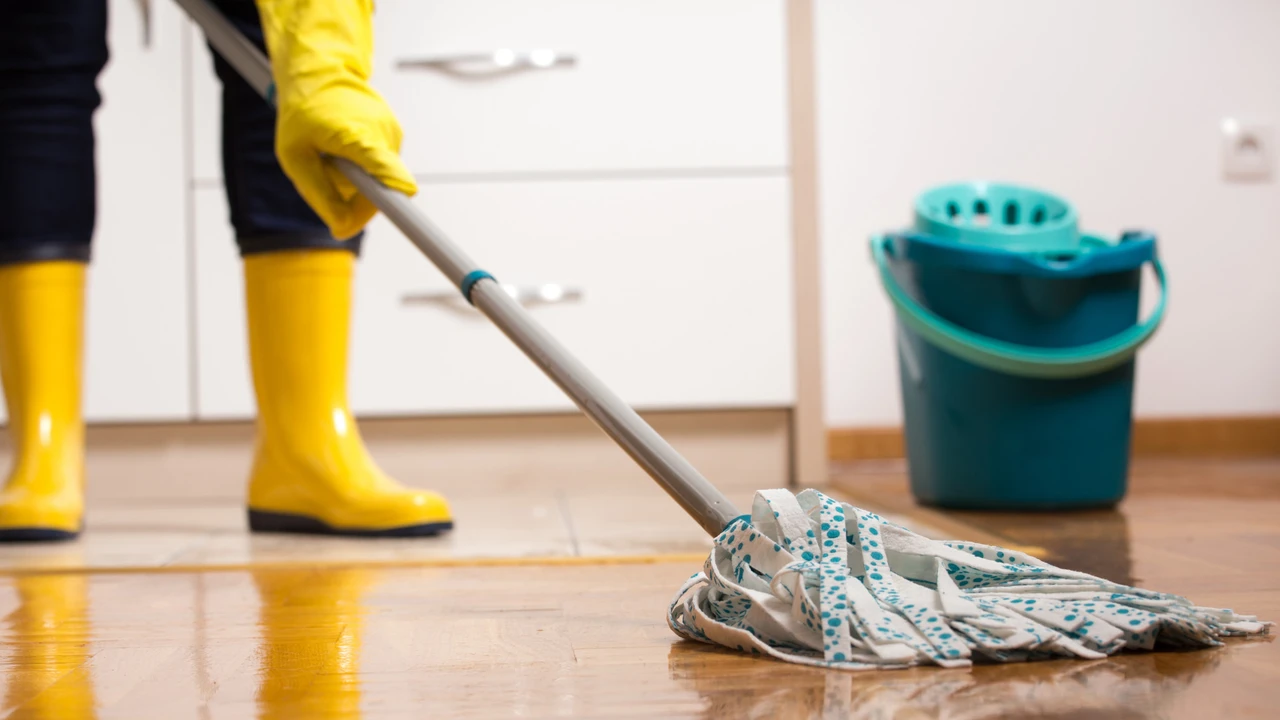
Understanding Your Floor Types Key to Choosing the Right Cleaner
Alright, let's talk floors! Before you even think about grabbing a bottle of floor cleaner, you gotta know what you're working with. Is it hardwood? Tile? Laminate? Vinyl? Each floor type has its own quirks and sensitivities. Using the wrong cleaner can lead to dullness, damage, or even discoloration. Not cool!
Hardwood, for example, is porous and susceptible to water damage. You'll want to avoid anything too wet or abrasive. Tile, on the other hand, is generally more durable but can still be scratched by harsh chemicals. Laminate is a bit of a tricky one, as it's basically a photo of wood glued to a composite board. Moisture is its enemy! Vinyl is pretty resilient, but some cleaners can leave a film or residue.
So, before we dive into specific cleaners, take a good look at your floors. What are they made of? What kind of finish do they have? Knowing this will save you a ton of headaches (and potentially expensive repairs) down the road.
Decoding Floor Cleaner Labels and Ingredients Understanding Cleaning Products
Okay, you know your floor type. Now it's time to decipher those confusing labels on floor cleaners. Seriously, it's like reading a foreign language sometimes! Let's break down some of the common terms and ingredients you'll see.
First up, pH levels. Acidic cleaners (low pH) are great for removing hard water stains and mineral buildup, but they can be too harsh for sensitive surfaces. Alkaline cleaners (high pH) are good for cutting through grease and grime, but they can strip away finishes. Neutral cleaners (pH around 7) are generally safe for most floors.
Then there are the ingredients. Look for things like surfactants (to lift dirt), solvents (to dissolve grease), and chelating agents (to prevent mineral buildup). Be wary of harsh chemicals like bleach, ammonia, and phosphates, especially if you have kids or pets. These can be harmful to your health and the environment.
Also, pay attention to whether the cleaner is concentrated or ready-to-use. Concentrated cleaners need to be diluted with water, which can save you money in the long run. Ready-to-use cleaners are convenient, but they tend to be more expensive per use.
The Mop Matters Choosing the Right Mop for Effective Cleaning
Don't underestimate the power of a good mop! The type of mop you use can make a huge difference in how effectively you clean your floors. There are a few main types to choose from:
- Sponge mops: These are great for absorbing lots of water, but they can also spread dirty water around if you're not careful.
- String mops: These are good for scrubbing, but they can be difficult to wring out completely.
- Microfiber mops: These are super absorbent and gentle on floors. They're also machine washable, which is a bonus.
- Spray mops: These are convenient for quick cleanups, but they may not be powerful enough for heavy-duty cleaning.
When choosing a mop, consider your floor type, the size of your cleaning area, and your personal preferences. Microfiber mops are generally a good all-around choice, but experiment to find what works best for you.
DIY Floor Cleaning Solutions Natural Cleaning Alternatives
Want to avoid harsh chemicals altogether? You can make your own floor cleaning solutions with ingredients you probably already have in your pantry! Here are a few simple recipes:
- For hardwood floors: Mix 1/4 cup of white vinegar with 1 gallon of warm water.
- For tile floors: Mix 1/2 cup of baking soda with 1 gallon of warm water.
- For laminate floors: Mix 1/4 cup of rubbing alcohol with 1 gallon of warm water.
- For vinyl floors: Mix 1/4 cup of dish soap with 1 gallon of warm water.
Always test your DIY cleaner in an inconspicuous area first to make sure it doesn't damage your floors. And remember, less is more! You don't need a ton of cleaner to get your floors sparkling clean.
Product Recommendations and Reviews Top Floor Cleaners for Different Needs
Alright, let's get down to brass tacks! Here are some of my favorite floor cleaners, broken down by floor type and cleaning need:
Best Overall Floor Cleaner Bona Hardwood Floor Cleaner
Uses: Hardwood Floors
Description: Bona is a widely respected brand specializing in hardwood floor care. Their cleaner is pH-neutral, water-based, and designed to be safe for hardwood finishes. It dries quickly, leaving no residue.
Pros: Safe for hardwood, dries quickly, no residue, easy to use.
Cons: Can be a bit pricey compared to other options.
Price: Around $15-$20 per bottle.
Usage Scenario: Ideal for regular cleaning of hardwood floors in homes with pets or children.
Best for Tile and Grout Zep Neutral Floor Cleaner Concentrate
Uses: Tile, Linoleum, Vinyl
Description: This is a concentrated cleaner, meaning you mix it with water. It's pH-neutral, so it's safe for most floor types, but it really shines on tile and linoleum. It's excellent at removing dirt and grime without stripping away the shine. Plus, because it's concentrated, a little goes a long way!
Pros: Effective on tile and linoleum, pH-neutral, concentrated formula, great value.
Cons: Requires mixing, may not be strong enough for heavy-duty grease.
Price: Around $10-$15 per gallon (concentrate).
Usage Scenario: Perfect for kitchens, bathrooms, and other areas with tile or linoleum flooring. Great for mopping large areas.
Best for Laminate and Vinyl Weiman Laminate Floor Cleaner and Polish
Uses: Laminate, Vinyl
Description: Weiman is a well-known brand for floor care. This cleaner and polish is specifically designed for laminate and vinyl floors. It cleans without streaking and leaves a protective shine.
Pros: Streak-free, leaves a shine, easy to use, protects floors.
Cons: May not be suitable for all types of laminate flooring (test in an inconspicuous area first).
Price: Around $8-$12 per bottle.
Usage Scenario: Ideal for maintaining the shine and appearance of laminate and vinyl floors in living rooms, bedrooms, and hallways.
Best for Heavy-Duty Cleaning Mr. Clean Multi-Surface Cleaner
Uses: All Purpose (Diluted), Tile, Vinyl
Description: Mr. Clean is a classic for a reason! This multi-surface cleaner is a powerhouse when it comes to tackling tough messes. While it can be used on various surfaces, it's particularly effective on tile and vinyl. Just be sure to dilute it properly, especially on more delicate surfaces. It cuts through grease, grime, and even dried-on food with ease.
Pros: Powerful cleaning, widely available, affordable, versatile.
Cons: Can be harsh if not diluted properly, strong scent.
Price: Around $5-$8 per bottle.
Usage Scenario: Great for cleaning up spills, removing tough stains, and deep cleaning kitchens and bathrooms. Use with caution on sensitive surfaces.
Best for Natural Cleaning Method Mrs. Meyer's Clean Day Multi-Surface Everyday Cleaner
Uses: All Purpose (Diluted), Tile, Vinyl, Sealed Wood
Description: If you're looking for a more natural and environmentally friendly option, Mrs. Meyer's Clean Day is a great choice. This cleaner is made with plant-derived ingredients and essential oils, leaving your home smelling fresh and clean. It's gentle enough for everyday use on a variety of surfaces, including sealed wood, tile, and vinyl.
Pros: Natural ingredients, pleasant scent, gentle on surfaces, environmentally friendly.
Cons: May not be as powerful as some chemical cleaners, can be more expensive.
Price: Around $4-$6 per bottle.
Usage Scenario: Perfect for everyday cleaning of floors and other surfaces in homes with children and pets. Ideal for those sensitive to harsh chemicals.
Cleaning Techniques and Tips Maximizing Your Floor Cleaning Efforts
Okay, you've got your cleaner and your mop. Now let's talk technique! Here are a few tips to help you get the most out of your floor cleaning efforts:
- Sweep or vacuum first: This will remove loose dirt and debris, preventing you from just pushing it around with your mop.
- Use the right amount of cleaner: Too much cleaner can leave a residue, while too little won't be effective.
- Wring out your mop frequently: This will prevent you from spreading dirty water around.
- Mop in overlapping strokes: This will ensure that you cover the entire floor surface.
- Let your floors dry completely: Walking on wet floors can leave streaks and footprints.
Dealing with Common Floor Cleaning Challenges Stain Removal and Problem Areas
Even with the best cleaner and technique, you're bound to encounter some stubborn stains and problem areas. Here are a few tips for dealing with common floor cleaning challenges:
- For grease stains: Use a degreasing cleaner or a mixture of baking soda and water.
- For pet stains: Use an enzymatic cleaner designed to break down pet odors.
- For hard water stains: Use an acidic cleaner or a mixture of white vinegar and water.
- For scuff marks: Try rubbing them with a tennis ball or a pencil eraser.
For tough stains, you may need to let the cleaner sit for a few minutes before scrubbing. And always test your cleaning solution in an inconspicuous area first to make sure it doesn't damage your floors.
Maintaining Your Floors Long-Term Care and Prevention
The best way to keep your floors looking their best is to prevent messes in the first place! Here are a few tips for long-term floor care and prevention:
- Use doormats: This will help trap dirt and debris before it gets tracked onto your floors.
- Take off your shoes: This will prevent you from bringing dirt and grime into your home.
- Clean up spills immediately: The longer a spill sits, the harder it will be to remove.
- Protect your floors from furniture: Use furniture pads to prevent scratches and dents.
- Regularly sweep or vacuum: This will prevent dirt and debris from building up and scratching your floors.
:max_bytes(150000):strip_icc()/277019-baked-pork-chops-with-cream-of-mushroom-soup-DDMFS-beauty-4x3-BG-7505-5762b731cf30447d9cbbbbbf387beafa.jpg)



